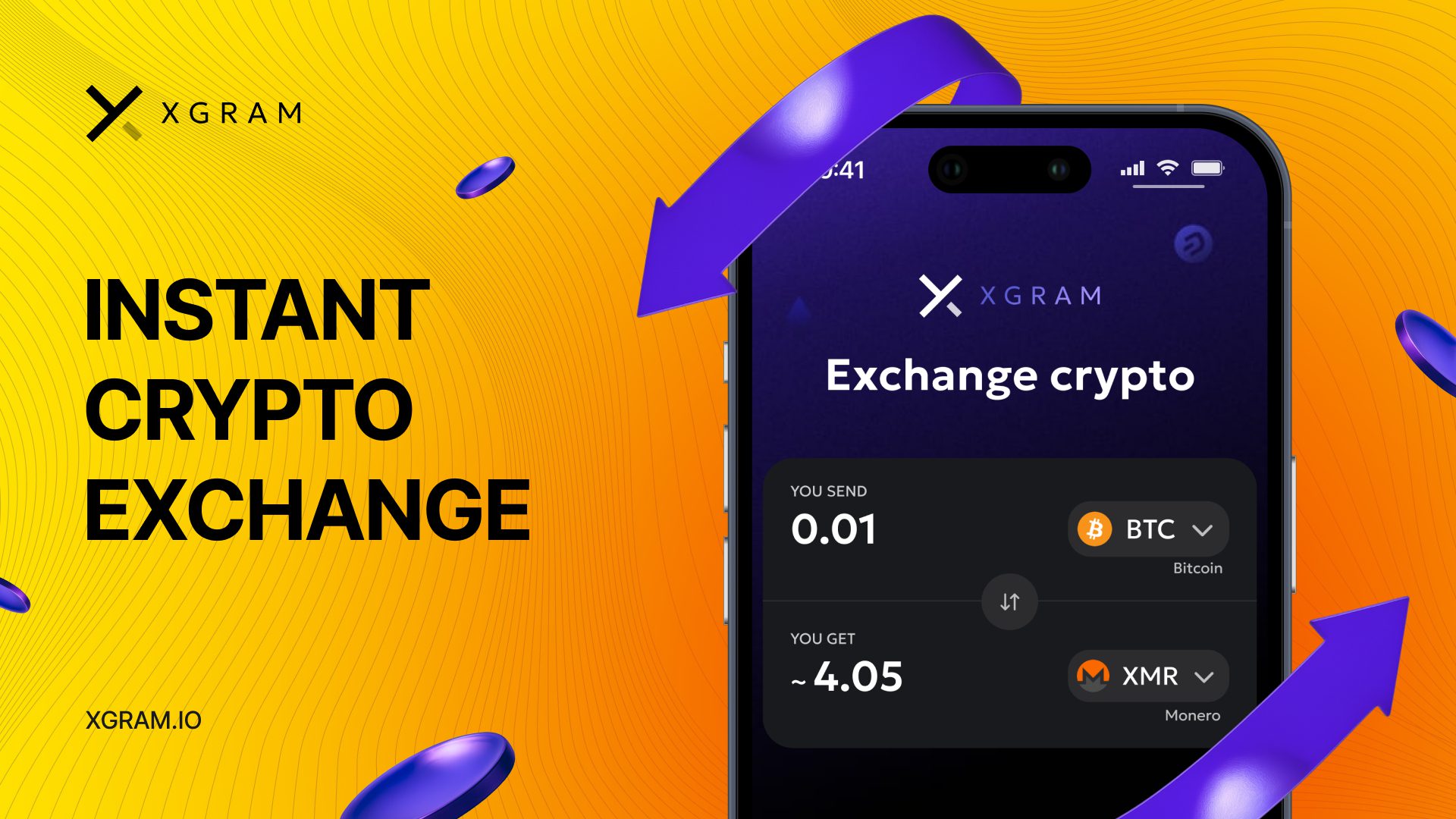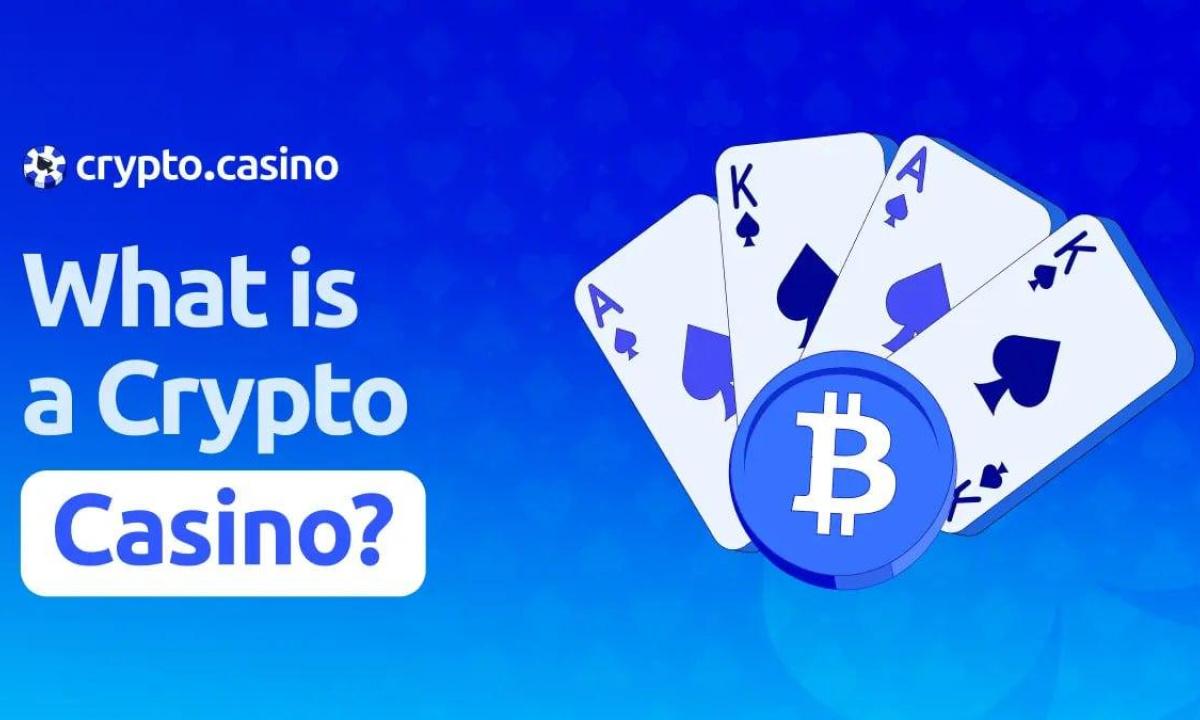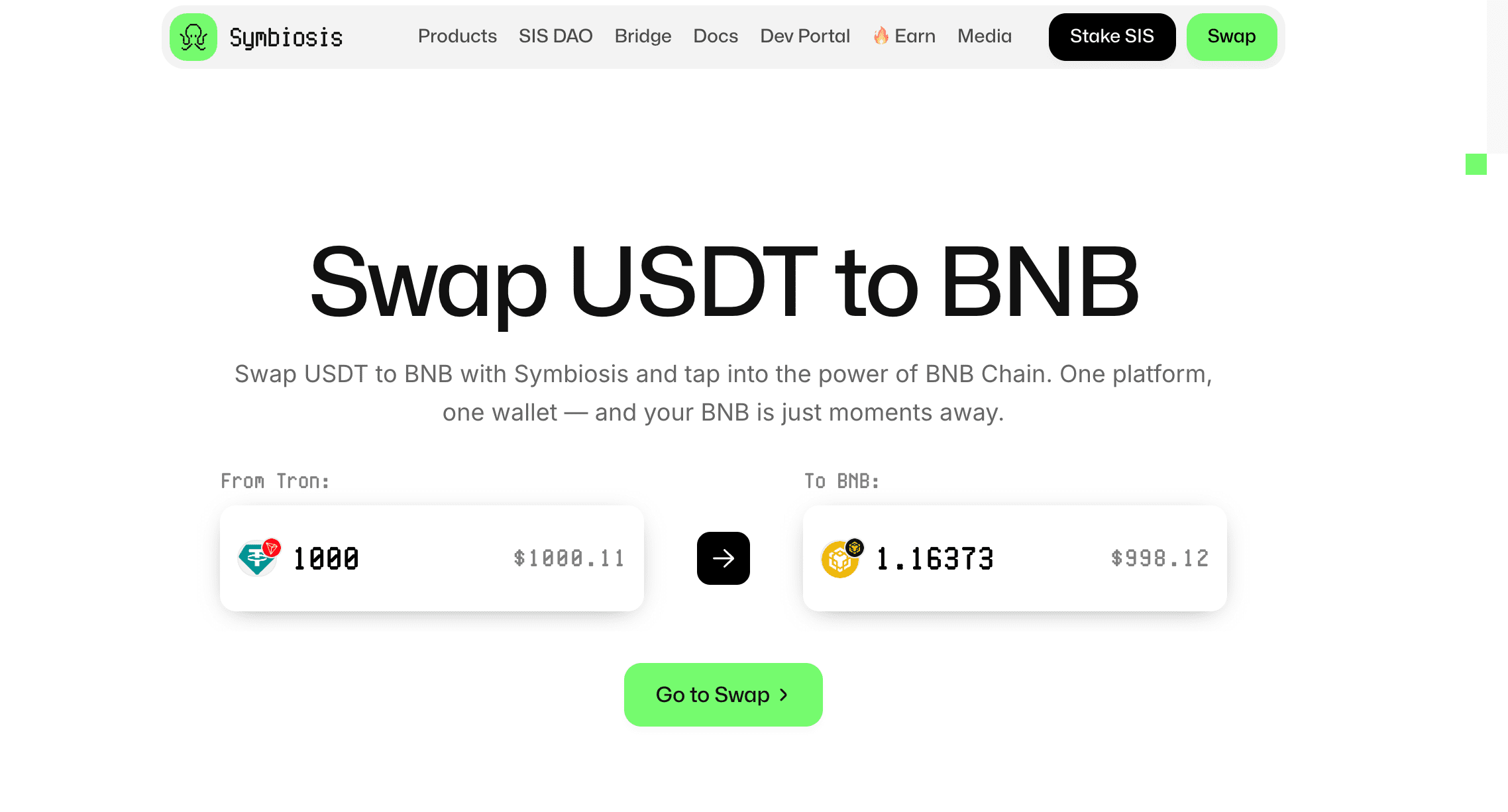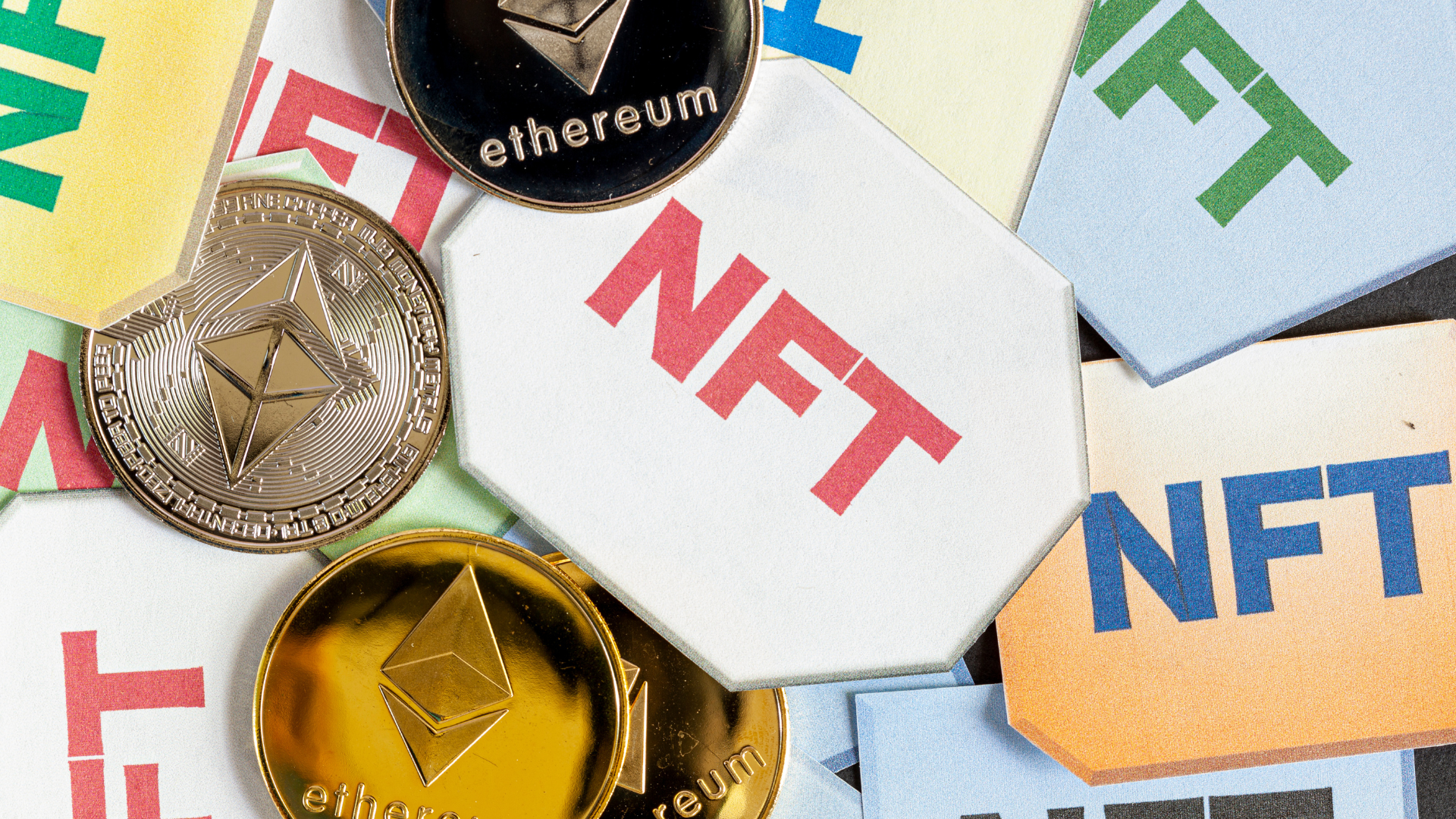At NFT Droppers, we provide the latest crypto news, in-depth project information, and comprehensive market insights. Launched in 2022, our platform covers new token launches, market trends, and detailed reviews of crypto and NFT projects. We offer reliable ratings based on 70+ evaluation factors, including tokenomics, roadmaps, and team authenticity. Whether you’re an investor or a crypto enthusiast, NFT Droppers keeps you informed with accurate, up-to-date information and expert analysis.
How Old to Buy Crypto? Age Rules Explained
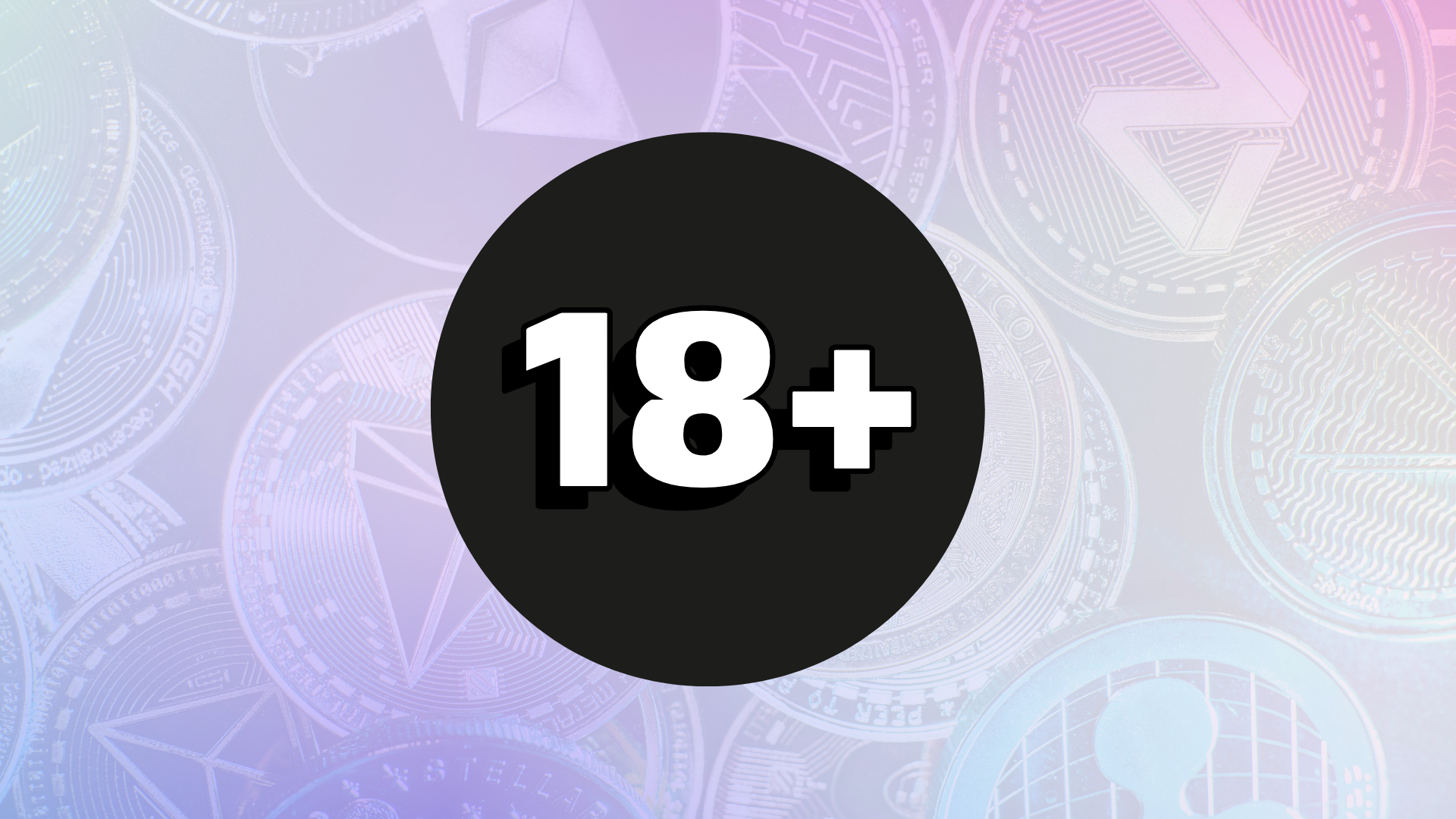
Table of Contents
You’ve seen the headlines—Bitcoin soaring past $80,000, Ethereum staking churning out passive cash, and some kid on X bragging about turning $100 into a small fortune. The crypto game is calling, and you’re ready to jump in. But then the question hits: how old do you have to be to buy crypto? If you’re under 18, or even just unsure where the line’s drawn, the rules can feel like a locked gate. Let’s cut through the noise and get you the straight facts—because in this market, knowledge is your first power move.
Cryptocurrency isn’t like grabbing a soda from the corner store. It’s a financial beast, and the US has rules to match. Most exchanges—think Coinbase, Binance.US, or Kraken—slam the door shut if you’re not 18. Why? It’s not just them being sticklers; it’s the law, tangled up in contracts, money laundering crackdowns, and the sheer volatility of the space. But don’t sweat it yet—there’s more to this than a simple age cutoff. Whether you’re a teen itching to stack sats or a parent scoping options for your kid, this guide breaks it all down: the legal limits, the loopholes, and how to play it smart.
The Legal Line: Why 18 Rules the Game
In the US, 18 is the magic number for buying crypto through most legit channels. It’s not some arbitrary pick—it’s tied to the age of majority, the point where you’re legally an adult who can sign contracts. When you open an account on a crypto exchange, you’re not just clicking “agree” to terms; you’re entering a binding deal. Minors—anyone under 18—can’t do that without a guardian stepping in. Exchanges enforce this hard, thanks to Know Your Customer (KYC) rules. These regs, pushed by the feds to stop fraud and dirty money, mean you’ve got to upload a driver’s license or passport. No ID, no entry.
It’s not just about contracts, though. Crypto’s a wild ride—prices can crash 20% in a day or moon overnight. Regulators figure anyone under 18 might not have the chops to handle that kind of heat. Plus, you need a bank account or card to fund most purchases, and good luck getting those solo before 18. The system’s built to keep kids on the sidelines—at least through the big platforms.
Take Coinbase, the biggest name in the US crypto scene. Their user agreement is crystal clear: “You must be at least 18 years old.” Kraken’s the same. Binance.US? Yep, 18 again. These aren’t suggestions; they’re non-negotiable. Try faking it with a borrowed ID, and you’re risking a ban—or worse, legal heat if the feds sniff out fraud.
Can You Own Crypto Under 18? The Real Deal
Here’s where it gets interesting: owning crypto isn’t the same as buying it. There’s no law saying you can’t hold Bitcoin or Ethereum in a wallet at 16, 14, or even younger. Crypto’s decentralised—blockchain doesn’t care about your birth year. If you’ve got a private key, those coins are yours, no questions asked. The catch? Getting them in the first place.
Exchanges are the gatekeepers for turning dollars into digital gold, and they’re locked tight for minors. But if someone—say, a parent or a mate—buys crypto and sends it to your wallet, you’re in the game. No KYC, no age check, just pure ownership. That’s the beauty of the blockchain: it’s a steel spine for your wealth, not a babysitter.
So, if you’re under 18, you’re not totally out. You just need a workaround. And yeah, there are a few—some legit, some sketchy. Let’s unpack the options so you can move smart, not reckless.
Workarounds for the Under-18 Crew
The system might feel rigged, but there are paths to crypto before you hit 18. They take grit, a bit of trust, and a sharp eye for scams—because the wild west of digital money has its share of bandits. Here’s how you can make it happen:
1. Custodial Accounts: The Parent Play
Most straightforward move? Get an adult to buy for you. Parents or guardians can set up a custodial account—think of it like a trust where they manage the funds, but the crypto’s legally yours. Platforms like EarlyBird let adults open wallets for kids, buying Bitcoin or Ethereum with their own $USD and gifting it over. You won’t control it till you’re 18, but it’s a safe way to start stacking while the market moves.
Downside? You’re relying on someone else’s say-so. If your folks aren’t crypto-savvy—or worse, don’t trust it—you’re stuck convincing them. Still, it’s a solid play: legal, secure, and no shady corners required.
2. Peer-to-Peer (P2P): Cash for Coins
Want to skip the middleman? Peer-to-peer platforms like LocalBitcoins or Paxful connect you straight to sellers. Some don’t demand KYC—just cash or a gift card for crypto. You could meet someone local, hand over $50, and walk away with Bitcoin in your wallet. Or trade online using PayPal or an Amazon voucher.
It’s fast and flexible, but here’s the rub: scams lurk everywhere. That “seller” might ghost you after you pay. Stick to well-rated traders, deal in small amounts first, and never meet in sketchy spots. Public places like a coffee shop are your friend. Check the platform’s escrow system too—it holds the crypto till you’ve paid, cutting the risk.
3. Bitcoin ATMs: Cash In, Crypto Out
Bitcoin ATMs are popping up in cities across the US—over 30,000 and counting. Pop in some cash, scan your wallet QR code, and boom, you’ve got crypto. Most don’t ask for ID on small buys (under $900 usually), making them a minor’s ticket in. Find one near you on sites like CoinATMRadar.
Catch is, fees bite hard—sometimes 10% or more. Compare that to 1-2% on exchanges, and you’re paying for convenience. Plus, not every machine’s ID-free—some still want a phone number or scan. Test the waters with a small $20 drop first.
4. Gift Cards: Sneaky but Simple
Here’s a low-key gem: crypto gift cards. Buy a $50 card from a legit exchange like Coinbase at a store, then redeem it for Bitcoin or whatever. No ID, no bank account—just cash at a checkout. Not every exchange offers them, but they’re a quiet way to slip into the market.
Limit’s obvious: you’re capped by the card’s value, and they’re not everywhere. Still, it’s clean and scam-proof if you stick to big names.
5. Decentralised Exchanges (DEXs): No Rules, Just Crypto
DEXs like Uniswap or PancakeSwap don’t care about your age. They’re blockchain-based, no KYC, just wallet-to-wallet trades. Problem? You need crypto to start—ETH or BNB usually. If you can snag some from a mate or an ATM, you’re free to swap for any token on the platform.
It’s a power move for tech-savvy teens, but gas fees—those Ethereum network costs—can sting. And if you don’t know what you’re doing, you could fumble your funds. Learn the ropes first.
The Risks: Don’t Get Burned
Crypto’s not a playground—it’s a battlefield. Prices tank fast, scams hit hard, and one wrong move can wipe you out. Under 18, you’ve got extra heat: no legal fallback if a P2P deal sours, and parents might flip if they catch you dodging rules. Rug pulls—where a token’s hyped then dumped—nabbed over $2 billion last year. Phishing sites fake wallets and steal keys. Even ATMs can glitch.
Play it sharp: research every step, use two-factor authentication (2FA) on wallets, and never share your seed phrase. That 12-word code? It’s your crypto lifeline—lose it, and your stack’s gone forever.
Why Age Matters Less Than You Think
Truth is, crypto’s bigger than an exchange’s rulebook. It’s about freedom—owning your money, not begging a bank for permission. If you’re 16 and grasping blockchain basics, you’re ahead of half the adults still calling it “magic internet cash.” Age locks you out of Coinbase, sure, but it doesn’t stop you learning, holding, or strategising.
Start small. Paper trade—track prices without cash—to get a feel. Read up on Bitcoin’s halving cycles or Ethereum’s merge. When you hit 18, you’ll be ready to dominate, not just dip a toe.
For Parents: Setting Kids Up Right
If you’re a parent reading this, don’t dismiss your kid’s crypto itch. It’s not just a fad—43% of guys aged 18-29 have traded crypto, says Pew Research. They’re chasing a future where dollars might not rule. Set them up with a custodial wallet, drop $50 in Bitcoin, and teach them to hodl through the dips. It’s a lesson in grit and gains—better than any savings account.
Check out Coinbase for gift cards or EarlyBird for custodial setups. Keep it legal, keep it safe, and you’re handing them a head start.
FAQs: Quick Hits
Can I buy crypto at 16 legally?
Not directly on most US exchanges—they demand 18. But you can own it if someone buys and sends it to your wallet. No law bans that.
What’s the safest way for minors to get crypto?
Custodial accounts via a parent. It’s regulated, secure, and skips the shady stuff.
Do Bitcoin ATMs check age?
Not always—small buys (under $900) often just need cash and a wallet. Bigger ones might ping for ID or a phone number.
Can I use my parent’s account?
Only with their OK—don’t sneak it. Exchanges ban shared accounts, and you could lose everything if caught.
Why’s 18 the cutoff?
Legal contracts and KYC rules. Minors can’t sign, and the feds want every trader tracked.
Conclusion
The crypto world doesn’t wait for anyone—not whales, not newbies, and not you. If you’re under 18, the age gate’s real, but it’s not a dead end. From custodial plays to P2P hustles, there’s a way in if you’ve got the guts and the smarts. Over 18? You’re free to unleash—hit an exchange and lock in your stake. Either way, this isn’t about luck—it’s strategy. Learn the ropes, dodge the traps, and own your slice of the blockchain. The market’s moving. Are you?
For the latest on regs, peek at the SEC’s site. It’s dry, but it’s the source.

Disclaimer: The information presented here may express the authors personal views and is based on prevailing market conditions. Please perform your own due diligence before investing in cryptocurrencies. Neither the author nor the publication holds responsibility for any financial losses sustained.
Top Crypto Presales
 Ionix Chain $IONX
Ionix Chain $IONXBEST CRYPTO CASINO
TOP EXCHANGES
CRYPTO PAYMENT GATEWAY
 Crypto Cloud
Crypto CloudBEST HARDWARE WALLET
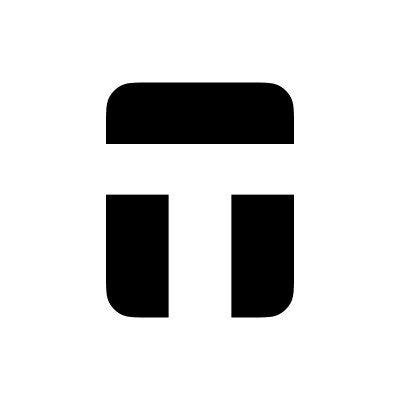 Tangem
Tangem Gamdom
Gamdom Stake.com
Stake.com Coins.Game Casino
Coins.Game Casino

